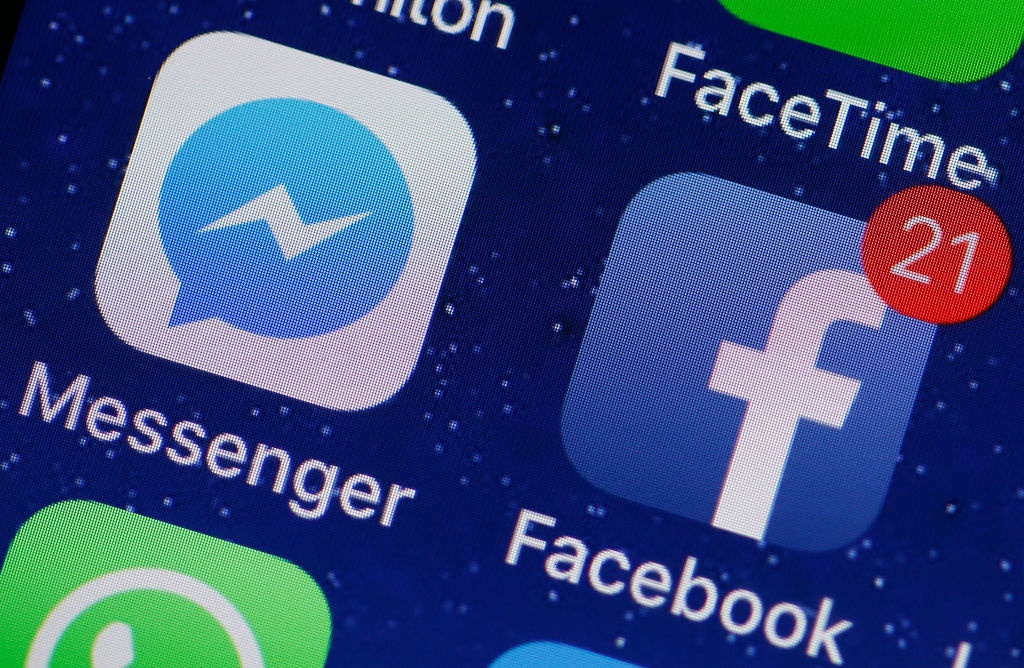
In Nigeria’s commercial city of Lagos, artist Aderemi Adegbite reads a message claiming that the government was due to spray anti-Covid-19 coronavirus chemicals from a jet. With no specified date, this false message instructed people to stay indoors, and to take the clothes and belongings outside, which he says most people acted on.
“Reading this kind of message was really disturbing. A lot of people believed it, which was a big problem for me. I had to start telling people around me to not believe the message. It’s not real, it’s not possible for the government to spray from above. If they really want to do it, they are going to come into the community and spray within the community,” Adegbite said.
In Nigeria, where most of the country’s 200 million inhabitants live on less than $2 a day, seemingly cheap ways to beat the virus may appeal to those for whom soap, clean water and hand sanitiser are out of reach.
“Gargling with warm water and salt or vinegar eliminates the virus,” advised a WhatsApp message seen by Reuters.
Another post said “sliced lemon in a glass of warm water can save your life”.
Adaora Ikenze, Facebook’s head of public policy in West Africa, said some of the company’s team of more than 30 000 technicians who monitor content globally were checking Nigerian posts, while third-party fact-checkers monitor posts in Nigeria’s main languages, including Hausa, Yoruba and Igbo.
“This is a global crisis and we are taking particular steps to support global efforts. It is unfortunate that some people use our platform for negative activities, but we are working hard [to stop the dissemination of false Covid-19 cure claims]. We have always made a commitment to not accept that sort of content on our platform and we are working hard to make sure that it stays off our platform.”
A partnership with the Nigeria Centre for Disease Control (NCDC) launched in February sees accurate information approved by global health organisations sent to WhatsApp users, and the NCDC posting information at the top of Facebook feeds.
But governments and tech firms face an uphill battle. As the virus spreads, unfounded rumours are proliferating across multiple platforms.
“Blacks don’t get coronavirus,” said one tweet seen by Reuters, which was posted by a user in Kenya, who has nearly 700 000 followers.
“If you think you have it ... you must learn to unblock your airway by boiling lemon/ginger and inhaling,” advised another tweet, posted by a user in Nigeria, with more than 119 000 followers.
Some governments are now resorting to punitive measures.
In Kenya, at least two men, including a popular blogger, have been arrested for publishing false information about the virus on Twitter, an offence punishable by up to 10 years in prison or a fine of 5 million Kenyan shillings (R875 000). Neither has been charged.
South Africa introduced a law in March that makes sharing malicious falsehoods about the virus punishable by up to six months in jail.
Facebook, along with social media competitors including Twitter and YouTube, has barred users from posting harmful information about Covid-19 on its platforms.
The company is working with third-party fact-checkers in 15 sub-Saharan African countries to identify and remove such posts from Facebook, said regional spokesperson Kezia Anim-Addo.
WhatsApp is piloting a similar effort in Nigeria and other countries.
But the volume of posts about Covid-19 is too high to catch every problematic claim, said Siphesihle Hlela, Africa strategic director at global media intelligence company Meltwater.
Many rumours begin life on one platform and are then copied and shared on others.
Post are often written in pidgin English or lesser known African languages, so they might not be picked up by software that directs posts to fact-checkers, said Adebola Williams, founder and chief executive of Nigerian media consultancy Red.
Messages on WhatsApp are encrypted, so they can only be checked if a user reports them.
Last year, Facebook limited the number of times a WhatsApp message can be forwarded to five in an attempt to curb the spread of rumours.
“If people are passing any false information concerning the virus, then I think we need to educate people and the society more on that, and on how to take precautions,” said Ijeoma Mary, a student.
“In times of crisis, you find one or two people up to some tricks, spreading rumours about what can cure the virus, what cannot cure the virus, what is going to happen at night, [so people] spray insecticide at night and what-not. These things happen in times of crisis,” Dimeji Akindele, a lawyer, told Reuters.
Twitter has launched a Covid-19 search prompt, which means tweets with information approved by national or global health organisations appear at the top of users’ feeds. The prompt is live in Nigeria, Tunisia, Egypt, Algeria and Morocco. – Reuters




 Publications
Publications
 Partners
Partners









